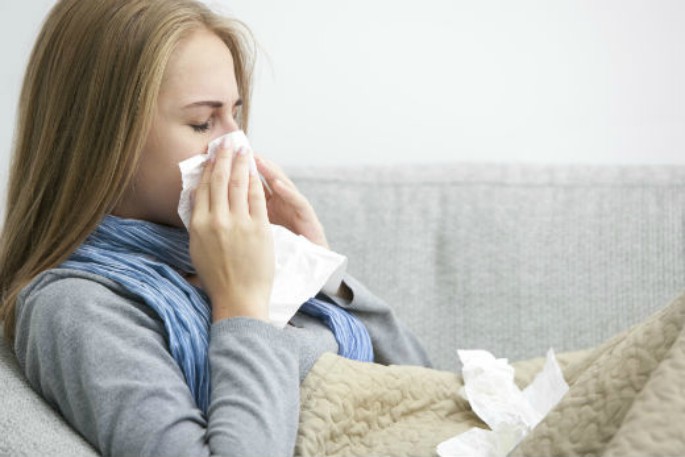New Zealand's annual flu campaign is now underway, highlighting the importance of staying healthy staying the winter months.
Receiving a flu vaccination in Auckland on Tuesday, April 2, Minister of Health Dr Shane Reti says getting a flu shot not only helps individuals, but the frontline health system as a whole.
Flu vaccinations are available free of charge for people who are 65 and over, pregnant, or who have mental illness or addiction, and for children and adults likely to get very sick with the flu because of a health condition.
“Influenza and other respiratory illnesses have a massive impact on the health system over winter and we can do more to prevent this by taking action now, by getting vaccinated, preparing our homes and having a plan to help stay well through the colder months.
“Hospitals often have an increase in admissions over winter, due to respiratory infections and other illnesses spreading easily as people spend more time indoors.”
Eligible groups can get their free flu vaccination from their local pharmacy, doctor, nurse or healthcare provider.
“We’re also very aware of the ongoing risk of a measles outbreak in New Zealand, so this is also a good time for families to be checking if their children’s immunisations are up to date, particularly MMR.
“We know the harm measles has on communities but it’s a disease which can be prevented with immunisation. As a Government, we support improving public services, like health and education. Lifting our vaccination rates, including for flu and for measles are key targets for us.
“There are also other ways communities can prepare for winter, including making sure we have care plans for any vulnerable family members and remembering to stay home if you are unwell to avoid spreading illnesses,” Dr Reti says.
The flu vaccine is free for people at higher risk of getting very sick from the flu including:
- people aged 65 years and over
- people who have a long-term medical condition like diabetes, asthma, or a heart condition (ages 6 months+)
- pregnant people
- children aged 4 years and under who have been hospitalised for respiratory illness or have a history of significant respiratory illness
- people with mental health conditions, including schizophrenia, major depressive disorder, bipolar disorder, or schizoaffective disorder
- people who are currently accessing secondary or tertiary mental health and addiction services.



0 comments
Leave a Comment
You must be logged in to make a comment.